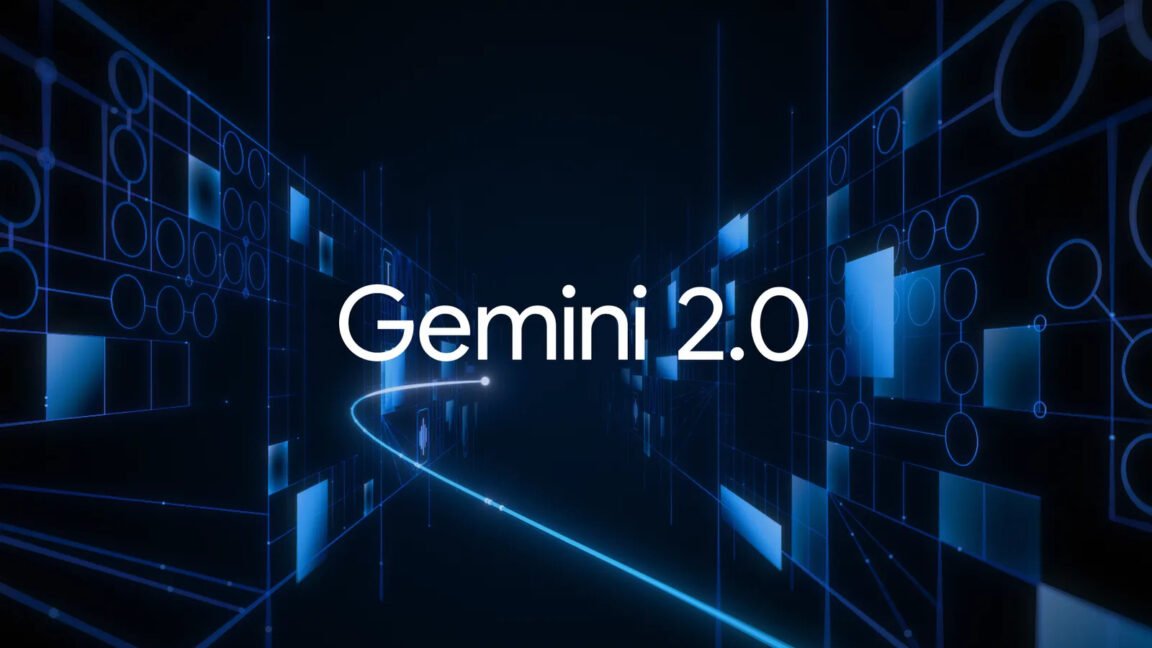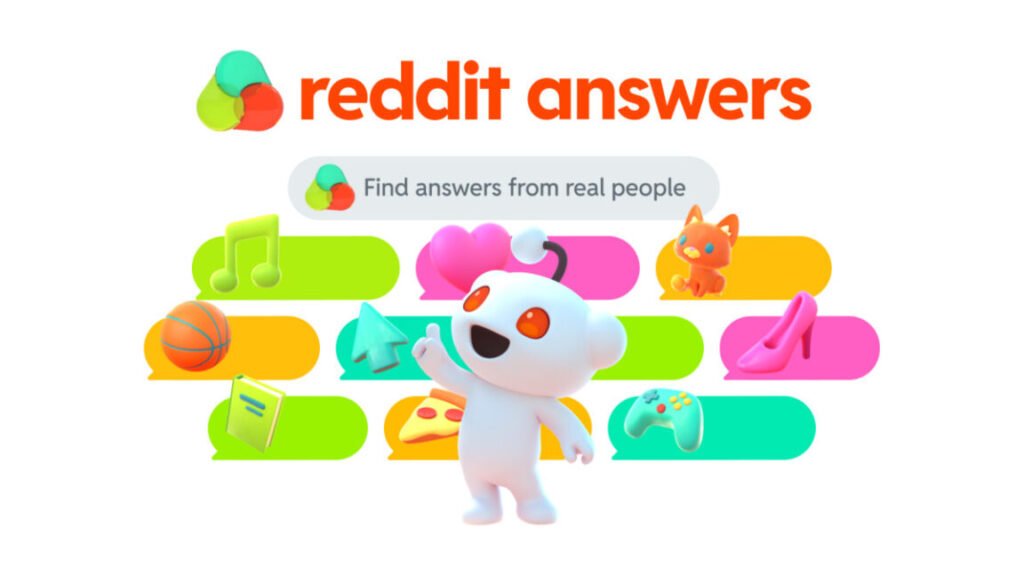On Wednesday, researchers at Google DeepMind revealed the first AI-powered robotic table tennis player capable of competing at an amateur human level. The system combines an industrial robot arm called the ABB IRB 1100 and custom AI software from DeepMind. While an expert human player can still defeat the bot, the system demonstrates the potential for machines to master complex physical tasks that require split-second decision-making and adaptability.
“This is the first robot agent capable of playing a sport with humans at human level,” the researchers wrote in a preprint paper listed on arXiv. “It represents a milestone in robot learning and control.”
The unnamed robot agent (we suggest “AlphaPong”), developed by a team that includes David B. D’Ambrosio, Saminda Abeyruwan, and Laura Graesser, showed notable performance in a series of matches against human players of varying skill levels. In a study involving 29 participants, the AI-powered robot won 45 percent of its matches, demonstrating solid amateur-level play. Most notably, it achieved a 100 percent win rate against beginners and a 55 percent win rate against intermediate players, though it struggled against advanced opponents.
A Google DeepMind video of the AI agent rallying with a human table tennis player.
The physical setup consists of the aforementioned IRB 1100, a 6-degree-of-freedom robotic arm, mounted on two linear tracks, allowing it to move freely in a 2D plane. High-speed cameras track the ball’s position, while a motion-capture system monitors the human opponent’s paddle movements.
AI at the core
To create the brains that power the robotic arm, DeepMind researchers developed a two-level approach that allows the robot to execute specific table tennis techniques while adapting its strategy in real time to each opponent’s playing style. In other words, it’s adaptable enough to play any amateur human at table tennis without requiring specific per-player training.




